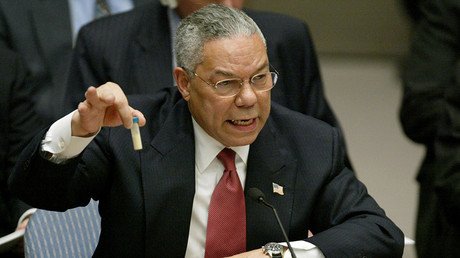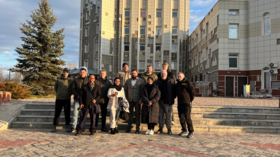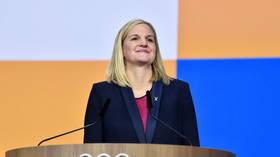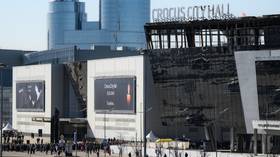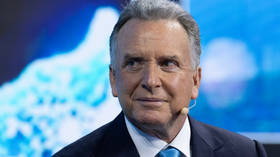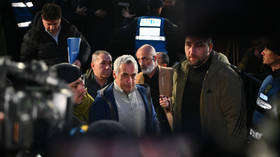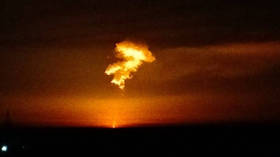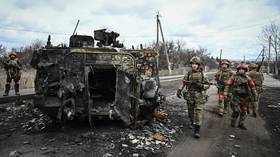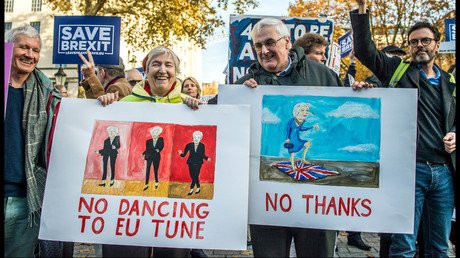Is 'fake news' threatening global stability?
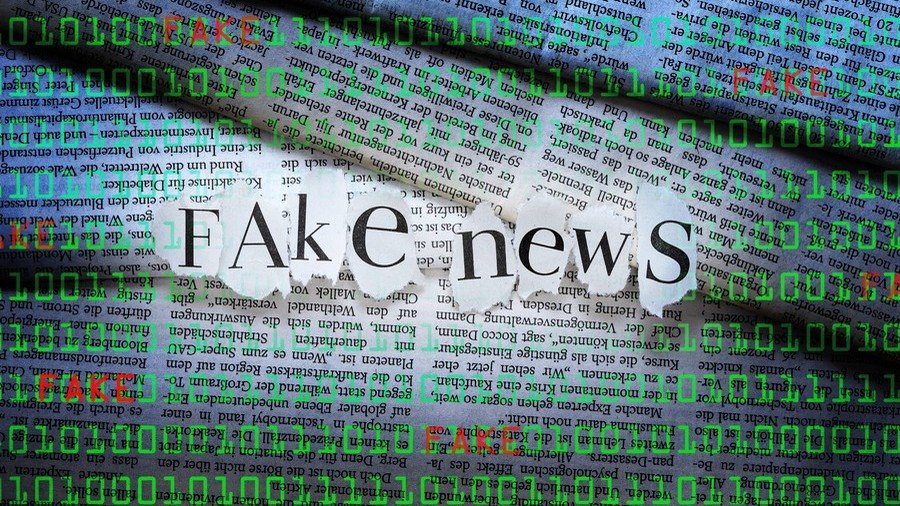
Journalists need to take some sort of Hippocratic oath pledging to tell no lies, otherwise we could end up with a war even more calamitous for humanity than Iraq.
As cited by American journalist Sharyl Attkisson in her excellent book 'The Smear', John H. Johnson, author of 'Everydata: The Misinformation Hidden in the Little Data you consume every day', divides fake news into five categories.
1. News that's entirely false.
2. News that's slanted and biased
3. Pure propaganda
4. Stories that misinterpret or misuse data
5. Imprecise or sloppy reporting.
It's interesting, as Attkisson says, that the "public ignition" of the 'Fake News movement' can be traced to September 13 2016 – the last eight weeks of the Clinton vs. Trump presidential campaign, with the announcement that a group named 'First Draft' were forming a partner network to tackle "malicious hoaxes and fake news reports."
Then, within days everyone is talking about 'fake news'. Which is strange, because if we go by Johnson's definition, fake news has been around for an awful long time.
By any objective standards, the most serious example of 'fake news' in recent years, in regards to its consequences, was the Iraqi WMDs hoax.
The neocon allegation that Saddam Hussein possessed WMDs which could be assembled and launched within 45 minutes of an order being given, was disseminated, as a proven fact, by major media outlets in 2002-2003, and led to an illegal war in which up to one million people died. Not only that, the war led directly to the rise of Islamic State (IS, formerly ISIS) and greatly boosted the cause of global terrorism.
So why didn't we get an outcry against 'fake news' after this?
The answer is quite simple – the post-2016 'fake news' hysteria is itself fake. In true Orwellian style it's been pushed by some of the biggest purveyors of fake news.
What has happened is that those who promoted the WMDs hoax are unhappy that we have a much wider range of sources for our news today, and consequently are less likely to swallow, unthinkingly, their pro-war, establishment-friendly propaganda. They have sought to delegitimize these new competitors by branding their news 'fake'. It's just like a well-established chain of coffee shops seeking to diss their competitor by saying that the coffee they sell isn't real coffee. These are turf wars, with plenty of virtual signaling.
This does not mean of course that these 'new kids on the block' can't themselves be criticized and held up to scrutiny. If we look at points 2 and 3 of Johnson, 'news that's slanted and biased' and 'pure propaganda' then I think almost everyone does that today at some point. But the hypocrisy of those screeching 'Fake News' at others is off the scale.
While 'fake news' has always been around, there are reasons why the problem has got worse since the Millenium.
Firstly, look at the way print journalism has changed. I have at home a large collection of British newspapers from forty years ago. The difference between papers in the 1970s and today is very noticeable. Factual news reporting, from on-the-spot foreign correspondents, with minimal 'comment' and editorialising was the norm. Today, it's the other way round, newspapers have become viewspapers. It wouldn't be such as problem if 'news' and 'comment' were clearly delineated – very often they are not.
Take the headline of The Sun, the day after the MH17 plane disaster. It read 'Putin's Missile'.
THE SUN: Putin's missile pic.twitter.com/R2o3fsc3Ja#TomorrowsPapersToday#BBCPapers via @hendopolis
— BBC News (UK) (@BBCNews) July 17, 2014
This was pure speculation and propaganda presented as fact. Its aim was to convince readers that the Russian president was personally responsible for taking down a passenger aircraft with a large loss of life.
A newspaper in the 1970s, even one whose editorial line was not particularly friendly to Moscow, would merely have stated: 'Plane comes down in Ukraine – cause unknown'.
To prove the point, take this article entitled 'Strong Marxist Lead Needed, Hua Tells Dissenters', by Nigel Wade, writing from Peking, which appeared in the Daily Telegraph of May 4, 1979.
"China needed stronger leadership by the Communist party, if it was to modernise itself successfully, the party chairman Hua Kuo-feng, said yesterday. … 'The socialist modernisation programme we are now carrying out is a magnificent revolutionary cause,' said Hua. …He drew a firm distinction between 'bourgeois democracy', which he rejected, and 'socialist democracy', which he said had to be combined with centralism and discipline. The socialist system was 'incomparably superior to capitalism',he emphasised. History since 1919 had proved that 'only socialism can save China.'"
As I noted in an article for the American Conservative magazine, if you read Nigel Wade's report there is absolutely nothing to tell you that the newspaper it appears in was a supporter of the British Conservative Party and editorially opposed to communism. The Telegraph's man in Peking simply reports, using direct speech, what Hua says, not what he thinks of what Hua says.
That's how it should be. But how it isn't today. Look at the coverage of the Skripal case. Allegations have been reported as 100 percent proven facts. We can say that when it comes to the reporting of Russia, 'fake news', as defined by Johnson, is sadly the norm.
Rather alarmingly, for all those who believe in media plurality, 'fake news' has been used as a pretext for threatening news outlets which challenge prevailing elite orthodoxies. It's part of the ongoing campaign in Britain and America against Russian media, such as RT. It's been used to pressurize internet companies and social media giants to operate censorship. Again, it's those pointing the fingers who are often the most guilty.
That said, all outlets should endeavour to make sure that their news – and comment – is fact-based. The correct response to fact-free neocon propaganda is not more propaganda, but simply setting down what is the truth and letting people make up their own minds. We need more objective, forensic journalism – and less cheerleading. Journalists need to take a variation of the medical profession's Hippocratic oath in which they would pledge to tell no lies.
The polarization of public discourse hasn't helped things. Today's culture wars, imported from the US, have seen people take entrenched positions, from which they will never credit the other side. Rather than say 'on this point you are right' they will try and argue black is white and vice versa. Fake news, or more commonly news that hasn't been properly fact-checked is promoted if it furthers the cause. To counter this we need a lot more honesty, and to break with the binary. Otherwise we could well end up with a war even more calamitous for humanity than Iraq.
A discussion entitled 'The 'fake' virus: Is stability in the modern world under threat?' was held last week at the VII International Cultural Forum in St. Petersburg. This is an edited version of Neil Clark's presentation.
Follow @NeilClark66
Think your friends would be interested? Share this story!
The statements, views and opinions expressed in this column are solely those of the author and do not necessarily represent those of RT.

